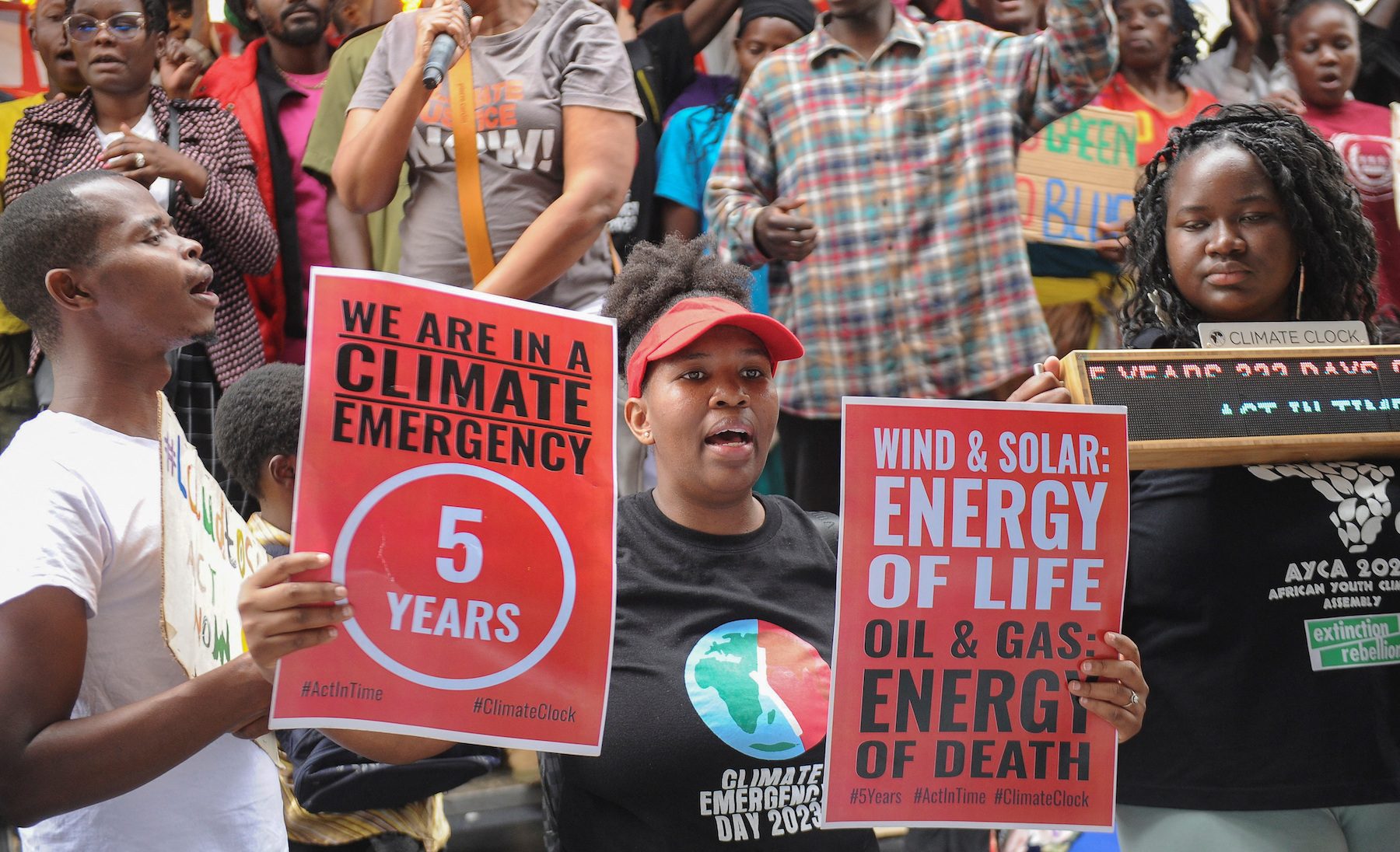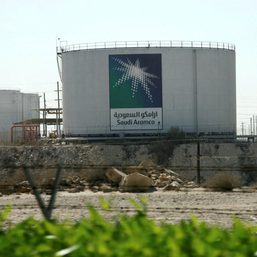SUMMARY
This is AI generated summarization, which may have errors. For context, always refer to the full article.

GENEVA, Switzerland – Africa is heating up at a faster rate than the rest of the planet and enduring more severe climate and weather disasters such as droughts, a joint UN-African Union report said on Monday, September 4, that climate change could stoke conflict over resources.
The continent was hit by 80 extreme weather and climate hazards in 2022, said the report sent by the World Meteorological Organization to coincide with Africa’s first climate summit in Kenya where financing is set to be in focus.
These disasters, such as the Horn of Africa’s worst drought in 40 years and Algerian wildfires, resulted in 5,000 deaths and over $8.5 billion in economic damage, the report showed, citing an emergencies database. The real figures are likely to be higher due to reporting gaps, it said.
“Africa is responsible for only a fraction of global greenhouse gas emissions but is suffering disproportionately from climate change,” the State of the Climate in Africa 2022 report said.
“Climate change and the diminishing natural resource base could fuel conflicts for scarce productive land, water, and pastures, where farmer-herder violence has increased over the past 10 years due to growing land pressure…,” it added.
Already, communal violence over resources flares up frequently in parts of the semi-arid Sahel. On average, each African produced 1.04 tonnes of carbon dioxide emissions in 2021, less than a quarter of the global average.
The report said the average rate of warming in Africa was 0.3 degrees Celsius per decade in the 1991-2022 period, compared with 0.2 degrees in the world as a whole.
The warming has been fastest in North Africa which has been subject to multiple heatwaves since last year. That contributed to a fall in cereal production to 33 million tonnes or about 10% below the previous five-year average, the report said, although production in some other parts of the continent such as West Africa rose amid good rains.
Overall, the report said that agricultural productivity had fallen due to climate change, noting a decline of 34% since 1961 which is set to drive up import needs sharply. – Rappler.com
Add a comment
How does this make you feel?





There are no comments yet. Add your comment to start the conversation.